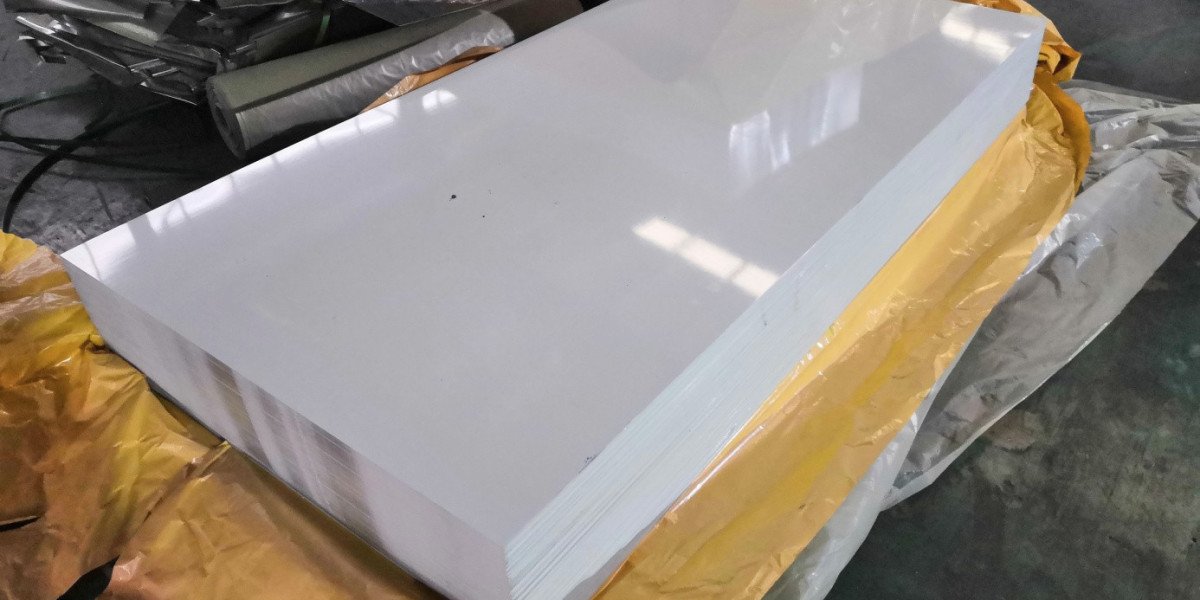Pre-IPO shares refer to the stock offered by a company before it becomes publicly traded on a stock exchange. For those looking to expand their investment portfolios, pre-IPO shares can offer unique opportunities for growth and high returns. In this article, we will dive deep into what pre-IPO shares are, how they work, and the potential benefits and risks of investing in them.
What are Pre-IPO Shares?
Pre ipo shares are stocks that are offered to investors prior to a company's initial public offering (IPO). These shares are typically available to institutional investors, venture capitalists, and high-net-worth individuals. They are sold during the private equity rounds of funding, which occurs before the company is listed on a public exchange.
For companies preparing to go public, offering pre-IPO shares is an effective way to raise capital to fund their growth initiatives. Investors purchasing these shares hope to gain early access to the stock of a company they believe will perform well once it starts trading publicly.
Why Invest in Pre-IPO Shares?
- Potential for High Returns: One of the main reasons investors are drawn to pre-IPO shares is the potential for significant returns. When a company goes public, the price of its shares often rises substantially, especially if the company has been performing well in the private market. By buying pre-IPO shares, investors have the chance to purchase stock at a lower price than the initial offering price, potentially reaping large gains once the company’s stock becomes publicly traded.
- Exclusive Investment Opportunities: Pre-IPO shares are typically not available to the general public. As an investor, being able to purchase these shares means getting in on an exclusive deal before the general public has access. This can be especially enticing if the company is expected to have a successful IPO, as it presents a unique opportunity to get in early.
- Support for Growing Companies: Investing in pre-IPO shares often means supporting a company during its crucial stages of development. Many pre-IPO companies are in their growth phase, and early-stage investments can help them reach the next level. This type of investment can be particularly rewarding if you believe in the company’s long-term vision and growth potential.
How Pre-IPO Shares Work
When a company is preparing for an IPO, it will often go through several rounds of private funding, including seed funding, Series A, Series B, and sometimes Series C rounds. During these stages, shares of the company are sold to private investors at discounted prices compared to the price they will be listed at during the IPO. These investors can choose to hold onto their shares or sell them once the company goes public.
Once the IPO occurs, the company’s stock is listed on the open market, and shares become available to the general public. If the company has grown successfully and meets or exceeds expectations, the price of the shares may increase significantly, offering the early investors the chance to sell their shares at a premium.
Risks of Investing in Pre-IPO Shares
- Uncertainty: While investing in pre-IPO shares can yield high returns, it’s important to remember that IPOs come with a degree of uncertainty. Not all companies that go public experience a surge in share prices. Some may even face challenges post-IPO that result in a decline in stock value. As a result, pre-IPO shares carry inherent risk.
- Limited Liquidity: Pre-IPO shares are not traded on public exchanges, meaning that if you invest in them, you may not be able to sell your shares easily until the company goes public. This limited liquidity can be a concern for investors who need access to their funds in the short term.
- Valuation and Dilution: Valuing pre-IPO shares can be difficult, as the company’s future performance is speculative. Additionally, companies often issue more shares during the IPO, which can dilute the value of pre-existing shares, affecting your investment’s worth.
Who Can Invest in Pre-IPO Shares?
Pre-IPO shares are usually reserved for accredited investors, which include individuals with a high net worth or institutional investors. However, some platforms and investment firms may provide opportunities for non-accredited investors to participate in pre-IPO investments. These opportunities are often limited to select platforms or require a higher level of investment.
Investing in Pre ipo shares can be an exciting way to capitalize on the growth potential of a company before it becomes publicly available. While there are risks involved, the rewards can be significant for those who make informed decisions and invest in companies with promising futures. If you have the means and the interest, pre-IPO shares could be an excellent addition to your investment strategy, offering access to exclusive opportunities and the chance to be part of a company’s early success.








